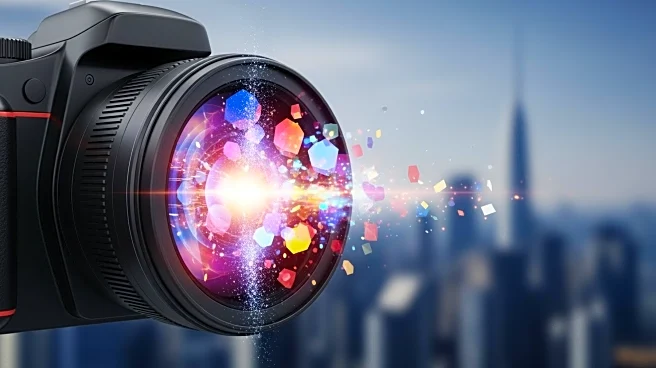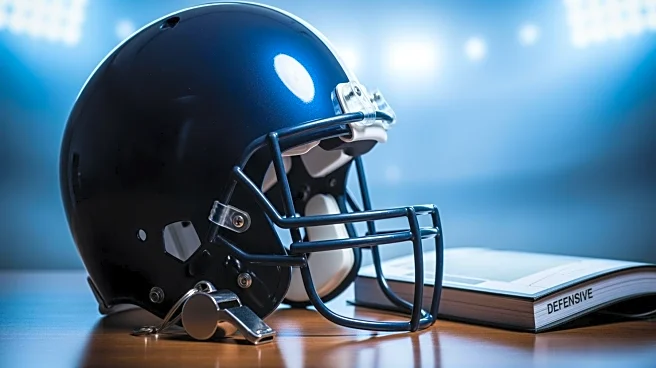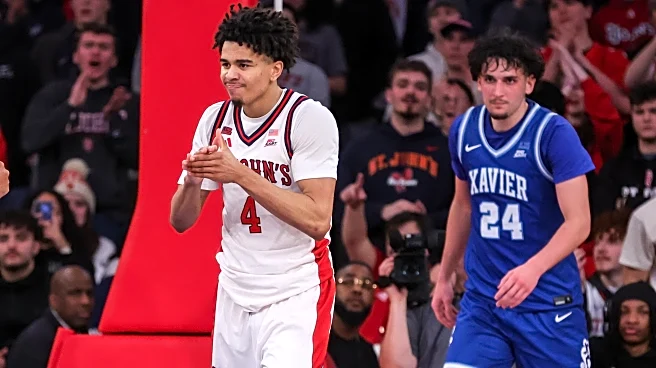What's Happening?
AI-generated headshots are becoming increasingly popular among job seekers as a cost-effective alternative to professional photography. With tools like Canva's AI headshot feature, users can create realistic
and polished profile pictures for platforms like LinkedIn, enhancing their digital presence. The affordability and accessibility of AI headshots are appealing to many, especially in a competitive job market where first impressions are crucial. However, the rapid adoption of this technology has raised concerns about authenticity and the potential for AI-generated images to appear deceptive. Recruiters are wary of overly stylized or smooth portraits, emphasizing the importance of genuine representation in professional settings.
Why It's Important?
The rise of AI headshots reflects broader trends in the job market, where digital presence plays a significant role in hiring decisions. As more job seekers turn to AI tools to enhance their profiles, the technology could democratize access to professional imagery, leveling the playing field for candidates from diverse backgrounds. However, the ethical implications of AI-generated images pose challenges for recruiters and HR professionals, who must navigate the balance between innovation and authenticity. The increasing reliance on AI in hiring processes underscores the need for transparency and guidelines to ensure fair and accurate representation.
What's Next?
As AI headshots become more prevalent, companies and platforms may need to establish clearer policies regarding the use of AI-generated content in professional profiles. Discussions around the ethical use of AI in hiring processes are likely to intensify, with stakeholders advocating for standards that prioritize authenticity and trust. The technology's evolution may lead to improved tools that better capture individual identity while maintaining professional quality. Job seekers and recruiters alike will need to adapt to the changing landscape, balancing the benefits of AI innovation with the risks of misrepresentation.
Beyond the Headlines
The integration of AI headshots into the job market could have cultural implications, influencing perceptions of identity and professionalism. As AI tools become more sophisticated, the distinction between real and generated images may blur, challenging societal norms around authenticity. The technology's impact on hiring practices may also prompt discussions about diversity and inclusion, as AI-generated images offer new opportunities for representation. The ethical considerations surrounding AI in professional settings could shape future policies and practices, ensuring that technology serves as a tool for empowerment rather than deception.










